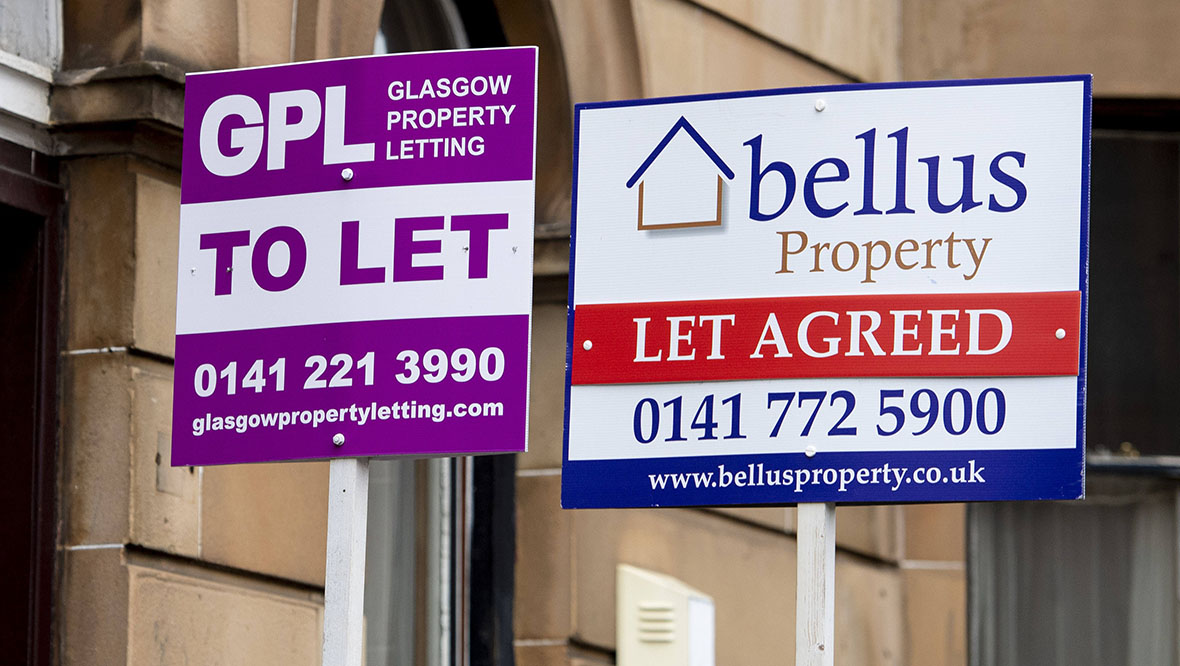Rishi Sunak set out plans to freeze income tax thresholds and increase corporation tax as he began the process of repairing the nation’s finances following the coronavirus crisis.
The Chancellor used his Budget to set out a £65bn spending package this year and next year to support the economy as it recovers from the pandemic.
But he warned the unprecedented spending could not continue and he had to be “honest” about putting the nation’s finances back on a sustainable footing.
The key announcements made in Sunak’s Budget can be viewed at-a-glance below:
FURLOUGH:

The furlough scheme has been extended until the end of September, although employers will be expected to make a contribution from July.
The scheme pays 80% of employees’ wages for the hours they cannot work in the pandemic.
After July, businesses will be asked for a 10% contribution, rising to 20% in August and September.
Support for self-employed workers will also continue until September.
The full 80% grant will be given to people whose turnover has fallen by 30% or more. People whose turnover has fallen by less than 30% will receive a 30% grant.
BUSINESS RATES, CORPORATION TAX AND VAT:

The rate of corporation tax, paid on company profits, will increase to 25% in April 2023 but small businesses with profits of £50,000 or less will continue to be taxed at 19%.
There will be a “super deduction” for companies when they invest, reducing their tax bill by 130% of the cost. A new restart grant in April will help businesses reopen with £5bn of new funding.
Sunak said he was maintaining at their current levels the inheritance tax threshold, the pensions lifetime allowance and the annual exempt amount in capital gains tax until April 2026 and, for two years from April 2022, the VAT registration threshold.
The five per cent reduced rate of VAT for the tourism and hospitality sector will be extended for six months to the end of September, with an interim rate of 12.5% for another six months after that.
Furthermore, the business rates holiday for the retail, hospitality and leisure sectors continue until the end of June, and will be discounted by two thirds for the remaining nine months of the year.
INCOME TAX AND BORROWING:

The point at which people begin paying income tax will increase to £12,570 in April but will be maintained at that level until April 2026, meaning more people will be dragged into paying tax as wages increase. The 40p rate threshold will increase to £50,270 and then be frozen.
Income Tax is the responsibility of the UK Government and is collected and managed by HMRC.
The Scottish Parliament does not have the power to set personal allowance thresholds but can set its own rates and bands.
Scotland’s finance secretary Kate Forbes said in her budget last month that Scotland’s tax band system will remain unchanged.
The starter, basic and higher bands of tax will all rise by inflation, with the top rate frozen at £150,000.
Meanwhile, Sunak also said measures to support the economy amounted to £65bn over this year and next, taking the total Government support to £407bn over that period.
Borrowing is forecast to be £234bn – 10.3% of gross domestic product – next year but it will fall to 4.5% of GDP in 2022-23, 3.5% in 2023-24, then 2.9% and 2.8% in the following two years.
ALCOHOL AND FUEL:

Planned increases in duties for spirits – including whisky – wine, cider and beer will be cancelled for the second year in a row.
The planned increase in fuel duty has also been cancelled.
SCOTLAND:

Funding for the devolved administrations is increasing by £1.2bn for the Scottish Government, £740m for the Welsh Government; and £410m for the Northern Ireland Executive.
City and growth deals were announced for Ayrshire, Argyll and Bute, and Falkirk.
There will also be funding for the Aberdeen Energy Transition Zone, the Global Underwater Hub and the North Sea transition deal.
HOUSING:
 SNS Group
SNS GroupIn Scotland, the tax cut given to housebuyers during the pandemic will end on March 31 when the basic threshold for the Land and Buildings Transaction Tax (LBTT) returns to £145,000.
First-time buyer relief will remain in place and non-residential LBTT rates and bands remain unchanged.
On stamp duty in England and Northern Ireland, Sunak said the £500,000 nil rate band will not end on March 31, it will end on June 30.
During the transition back to normal, the nil rate band will be £250,000, double its standard level, until the end of September – and will return to the usual level of £125,000 from October 1.
Sunak also announced a “mortgage guarantee”. Lenders who provide mortgages to homebuyers who can only afford a five per cent deposit will benefit from a Government guarantee on those mortgages.
Several of the country’s largest lenders including Lloyds, NatWest, Santander, Barclays and HSBC will be offering these 95% mortgages from next month.
UNIVERSAL CREDIT AND MINIMUM WAGE:

The £20 weekly increase for Universal Credit will continue for a further six months and the minimum wage will increase to £8.91 an hour from April.
On apprenticeships, incentive payments given to businesses are doubling to £3,000 – applicable to all new hires, of any age.”
DOMESTIC VIOLENCE:

An extra £19m was announced for domestic violence programmes to reduce the risk of reoffending and to pilot a network of ‘respite rooms’ to provide specialist support for vulnerable homeless women.
Sunak said an additional £10m would be made available to support veterans with mental health needs.
Follow STV News on WhatsApp
Scan the QR code on your mobile device for all the latest news from around the country




























